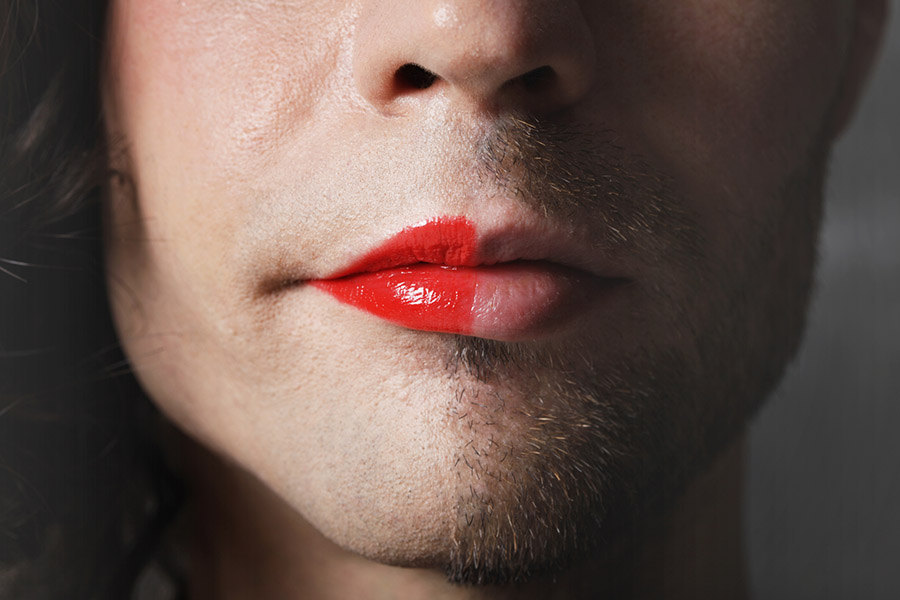By Tanaka Musa
Transgender people face many challenges when navigating life in a society that continues to treat them unfairly. This often takes its toll on them, leaving them vulnerable to mental illnesses such as depression.
In many cases, transgender people experience gender dysphoria which is
defined as “the distress, unhappiness, and anxiety that trans people may feel about the mismatch between their bodies and gender identity.”
Most transgender people wish to have a body that matches how they feel and enables them to pass as cis gender. Haylie is a trans woman from Zimbabwe and she hasn’t begun her transition yet. She says she gets a lot of stares from her community because of her looks and how she dresses.
“Because my national identity card says I’m male, I am ‘expected’ to present myself to the public as male. But deep inside, I know that I am a woman.”
“That mismatch between my assigned gender and my real gender affects me a lot,” Haylie says.
Still, Haylie says she has managed to “accept” things as they are and now focuses on being comfortable in her own skin.
“I’ve come to conclude that my gender shouldn’t be about passing; it should rather be about feeling right in my own skin.”
Haylie says we tend to need validation from the outside world on how we should carry ourselves.
“This can lead to gender dysphoria,” she adds.
Eric, a trans man, says that for one to be comfortable with their gender, they ought to know and accept that not everyone will accept their existence.
“I think what’s really important as a transgender person is to present to the
world how you wish to be seen. The world will respond
accordingly; those who don’t were never going to anyway,” he says.
For Layla, a trans woman still to undergo her transition, passing is of paramount importance. She says she is usually affected by what people say about her gender.
“I believe if trans women want to be perceived as women, then of course it’s
about passing.
“How people treat you eventually builds up to how you feel about yourself. You can carry yourself in a certain way, but if people don’t see you the way you want them to, and you constantly have to tell them how to treat you, how can you feel truly comfortable in your own skin?” Layla poses this question.
She adds that it’s also hard to present yourself exactly how you want the world to treat you because of the unfair discrimination of LGBTQI folks, violence, and fear of rejection.
“I can’t express myself fully because of these reasons. Therefore, the only
times I’m seen or perceived as a woman are when I’m around
LGBTQI people or at night when I can dress however I want so that I can
pass and blend in with other women,” she says.

